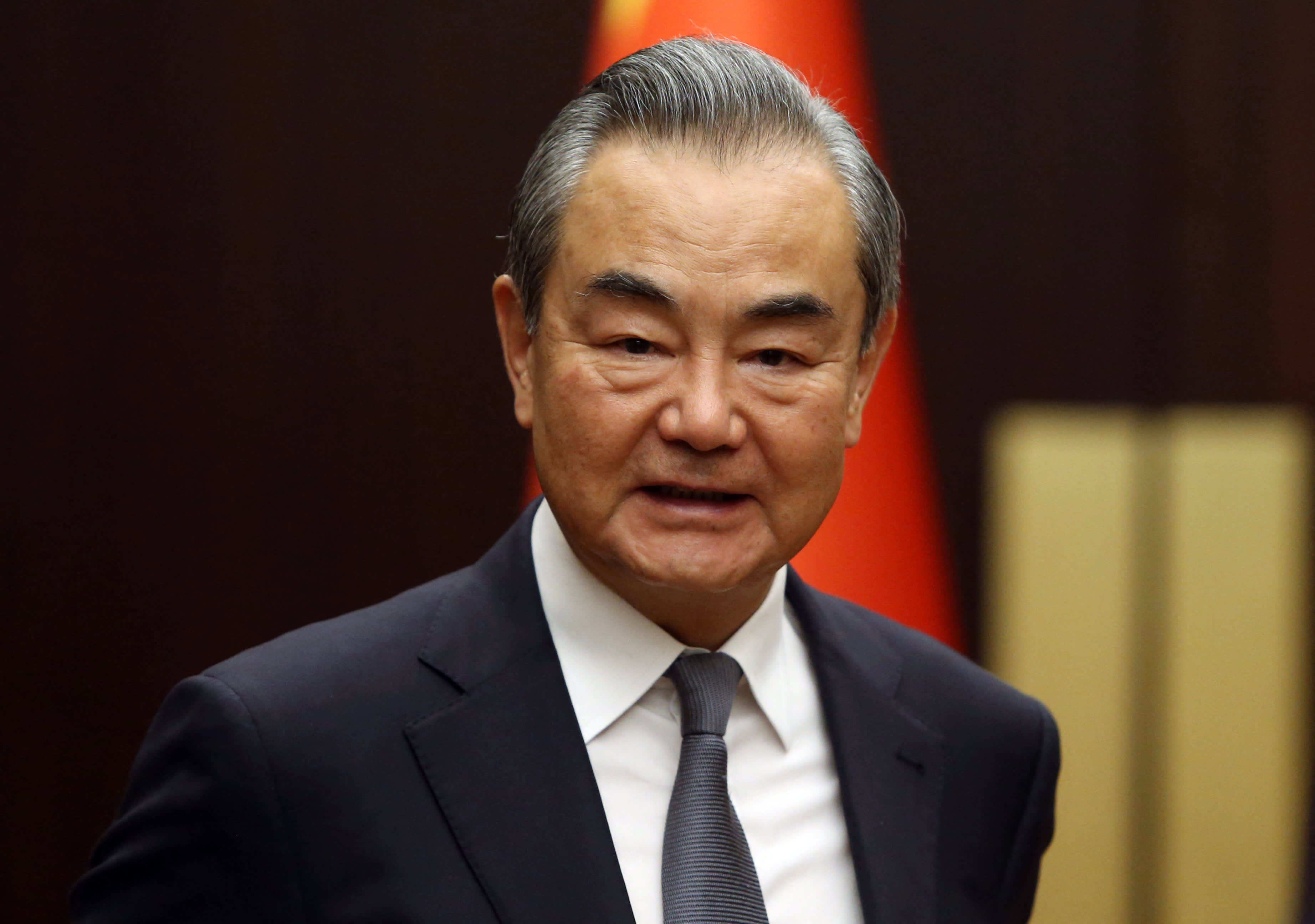Taiwanese and Chinese Foreign Ministers Visit Europe Simultaneously
Taiwanese and Chinese Foreign Ministers Visit Europe Simultaneously
By
David Goldfarb
Last updated:
September 12, 2025
First Published:
September 12, 2025

The Taiwanese and Chinese foreign ministers are both visiting Europe at the same time this week, a rare alignment of schedules in the same location. - | Afp | Getty Images
High-Stakes Diplomacy in Europe
This week, both Taiwan and China have sent their top diplomats to Europe at the same time, creating a rare and delicate overlap in international visits. Taiwanese Foreign Minister Lin Chia-lung is in Prague, while Chinese Foreign Minister Wang Yi begins a three-country European tour, visiting Austria, Slovenia, and Poland starting Friday.
The simultaneous visits underscore the heightened geopolitical tensions between Beijing and Taipei. China maintains that Taiwan is a breakaway province with no right to formal diplomatic engagements, a stance Taipei strongly rejects, asserting its democratic governance and autonomy on the global stage.
Taiwan’s Cultural Diplomacy in Prague
Lin Chia-lung attended the opening of a major exhibition at the Czech National Museum, showcasing imperial Chinese artifacts loaned from Taiwan’s National Palace Museum. The event also featured Czech Senate speaker Milos Vystrcil, who famously visited Taiwan in 2020 — a move that drew Beijing’s ire at the time.
The Taiwanese foreign ministry described Lin’s visit as part of the “Taiwan Culture in Europe Year,” a series of events aimed at fostering cultural exchanges and highlighting shared values between Taiwan and European partners. While the trip’s full itinerary has not been disclosed, officials emphasized its focus on strengthening people-to-people ties rather than formal diplomatic negotiations.
China’s Counter Visit
China’s foreign ministry did not comment immediately on Taiwan’s trip, but Wang Yi’s European tour signals Beijing’s intent to reinforce its influence across the continent. His visit to Austria, Slovenia, and Poland is expected to include high-level meetings on trade, investment, and regional security issues, potentially countering Taiwan’s soft-power initiatives.
Analysts note that Europe’s response to Taiwan’s cultural outreach is carefully measured. Most countries, including the Czech Republic, officially recognize Beijing rather than Taipei, yet there has been a noticeable warming of ties with Taiwan, often framed around shared democratic values and concerns about regional security.
Strategic Implications
The concurrent visits highlight a growing European role in East Asian geopolitics. For Taipei, these cultural and political engagements in Europe provide a platform to strengthen international support amid mounting pressure from Beijing. For China, parallel diplomatic outreach emphasizes its insistence on the “One China” policy and its determination to limit Taiwan’s international space.
Observers suggest that the overlap of these high-level visits may set the stage for a more visible contest of influence in Europe, where strategic partnerships and security concerns intersect with global trade and investment priorities.
As Taiwan continues to promote cultural diplomacy and China reinforces its political presence, Europe finds itself navigating a complex balancing act between economic engagement and geopolitical alignment.
Popular articles
Subscribe to unlock premium content
Naval Ravikant The Angel Investments That Quietly Made Him a Multimillionaire

Rising From the Rubble Lessons From Billionaires Who Failed 10 Times Before Success

Peter Thiel How His PayPal Ventures Paved the Way for Palantir’s Billion-Dollar Success

Naval Ravikant The Angel Investments That Quietly Made Him a Multimillionaire

Rising From the Rubble Lessons From Billionaires Who Failed 10 Times Before Success

Naval Ravikant The Angel Investments That Quietly Made Him a Multimillionaire









